Stomach problems are incredibly common, with many individuals experiencing issues like heartburn, indigestion, or bloating. While these symptoms are often brief, they can sometimes signal more serious health concerns.
Knowing about common digestive disorders is crucial for understanding when to seek medical attention. If your symptoms are frequent or severe, consulting a GI clinic is highly recommended for proper diagnosis and treatment.
Table of Contents
Heartburn (Acid Reflux)
Heartburn is a burning feeling in your chest or throat. It occurs when stomach acid flows back into your esophagus. Certain foods, like spicy or caffeinated items, often trigger this. Lying down after a large meal also contributes to heartburn. If this happens frequently, you might have gastroesophageal reflux disease, or GERD.
Indigestion (Upset Stomach)
Indigestion, also known as dyspepsia, is a term for discomfort or pain in your upper abdomen. Symptoms include feeling full early in a meal or uncomfortable fullness after eating. You might also feel a burning sensation or pain. Indigestion is a frequent complaint among adults. It can happen occasionally or on a daily basis.
Nausea and Vomiting
Nausea is the sensation that you need to vomit. Vomiting is the body forcefully expelling stomach contents. These symptoms have many causes. Infections, motion sickness, or eating contaminated food are common triggers. Persistent nausea and vomiting require medical attention.
Diarrhea (Loose Stools)
Diarrhea is identified by loose or watery stools. Some people think it means more frequent bowel movements, but stool consistency is the key factor. Infections from viruses or bacteria often cause acute diarrhea. Chronic diarrhea lasts for more than four weeks. Its causes include food intolerances, infections, or other digestive diseases.
Seek medical attention if diarrhea is accompanied by severe dehydration, blood in the stool, persistent fever, or symptoms lasting longer than a few days.
Constipation
Constipation is a common issue affecting millions of people. Many people believe they need to have a daily bowel movement, but this is not necessarily true. Having three bowel movements a week can be normal. Constipation also involves straining, passing small, hard stools, or feeling like your bowels are not completely empty.
It is necessary to see a physician if constipation is accompanied by severe pain, blood in the stool, unexplained weight loss, or symptoms persisting for more than a few weeks.
Bloating
Bloating is a feeling of fullness in the upper abdomen. Gas in the digestive tract contributes to this sensation. While everyone has gas, some people feel bloated even with normal amounts. This symptom is usually temporary. It resolves after you release the gas through burping or flatulence.
It is advisable to consult a physician if bloating is persistent, severe, or accompanied by other concerning symptoms such as abdominal pain, vomiting, unexplained weight loss, or changes in bowel habits.
Additionally, excessive bloating that impacts daily life or does not improve with diet and lifestyle changes may indicate an underlying condition, such as a food intolerance, irritable bowel syndrome (IBS), or other gastrointestinal disorders, warranting medical evaluation.
Blood in Stool
Noticing red or black in your stool can indicate bleeding in the digestive tract, which is a serious symptom. If you see blood in your stool, especially if it lasts more than a day or two, it’s important to consult a healthcare provider. A gastroenterologist can perform specialized tests to identify the source of the bleeding and provide appropriate treatment.
Gallbladder and Biliary Disorders
Your gallbladder helps digest fat by storing bile produced by the liver. The biliary system includes the gallbladder and bile ducts. Problems such as gallstones, inflammation, or blockages can affect this system. These conditions interfere with digestion and cause significant discomfort. Diagnosis often involves imaging tests and sometimes endoscopy. Treatment varies, from medication to surgical removal of the gallbladder, depending on the severity and specific condition.
Recognizing and Addressing Stomach Problems
Many stomach problems are temporary and mild. However, persistent or severe symptoms need attention. Recognizing these common issues is the first step toward getting relief. If you regularly experience digestive discomfort, consult a specialist. A GI clinic can provide an accurate diagnosis and an effective treatment plan. Schedule an appointment today to take the first step toward better digestive health.



